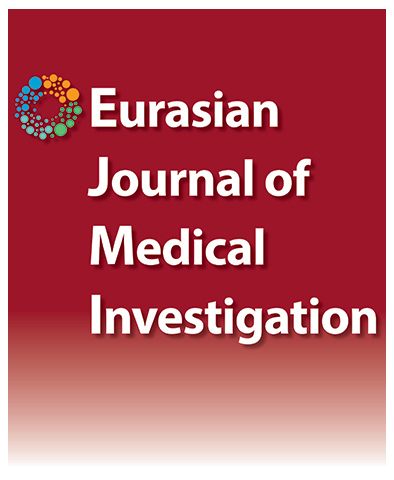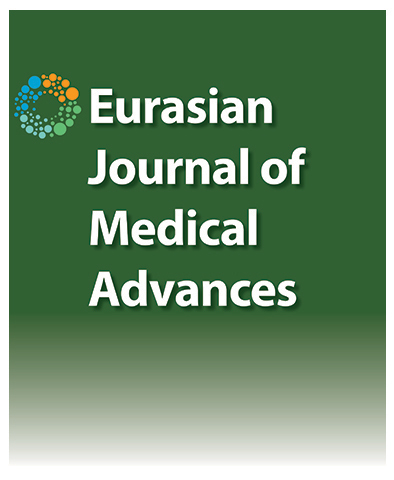Artificial Intelligence Modeling of the Nominal Gross Domestic Product Values of the G-20 Countries and the Number of COVID-19 Active Cases, New Cases, New Recovery and New Deaths
Mustafa Agah Tekindal1, Mert Demirsoz2, Zeynep Ozel3, Ferhan Elmali11Department of Biostatistics, Izmir Katip Celebi Universitesi, Faculty of Medicine, Izmir, Türkiye2KTO Karatay University, Technology Transfer Office, Konya, Türkiye
3KTO Karatay University, Academy of Applied Sciences, Konya, Türkiye
Objectives: In the study, COVID-19 data comprising the nominal gross domestic product values of the G-20 countries for 2019 and the cumulative number of deaths, the cumulative number of patients, the number of people who died due to the disease per day, and the number of people who contracted the disease per day were used. The nominal gross domestic product values per capita comprise 12 categories, 20 countries, and 5 continents.
Methods: In the study, prediction models that provide the highest performance were obtained by using machine learning methods, such as Random Forest, KNearest Neighbor (KNN), and Boosting classification algorithms. The predictability results of the models created were 54% for the Boosting algorithms, 80% for the KNN algorithm, 29% for the Linear Discriminant Algorithm, and 86% for the Random Forest algorithm.
Results: The descending order of performances for the models is Random Forest, KNN, Boosting, and Linear Discriminant algorithms.
Conclusion: Aligned to these results, Random Forest and KNN algorithms showed satisfactory results in estimating the nominal gross domestic product values based on the estimators of cumulative number of deaths, the cumulative number of patients, the number of people who died daily due to the disease, and the daily number of people infected with the disease.
Manuscript Language: English





